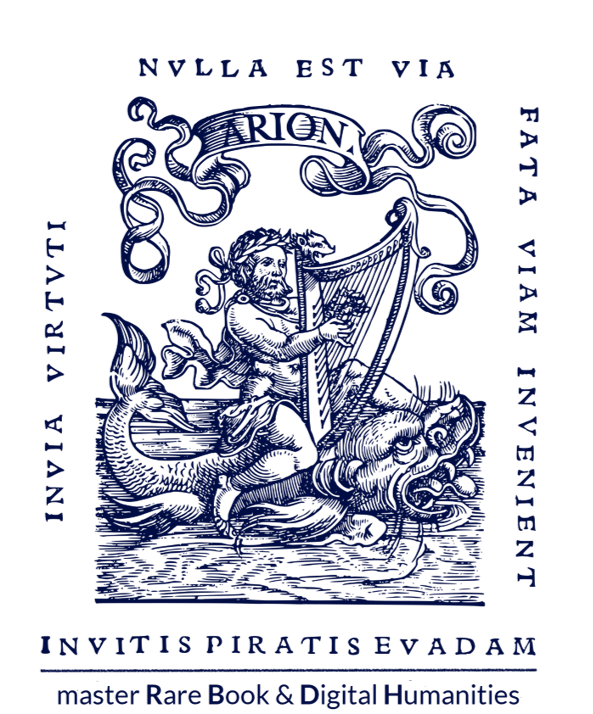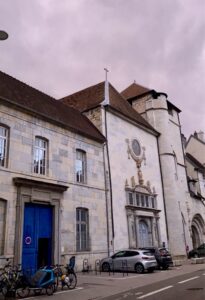For me, the digital humanities indicates a drive toward the accessibility of information using the support of digital technology alongside the humanities, acting as a tool or lens to do in-depth research which typically can be done by hand, but often takes a seemingly impossible amount of time. To use the lens of digital humanities should also mean to understand that the humanities has always relied on technology, even if it has not been run by mechanics or electricity. Tools for writing, such as styluses and wax tablets, are examples of ancient technology which has moved humanity forward, progressing our shared culture. There is, too, a drive toward accessibility because those who use the digital humanities rely so much on the Internet. While my own interests generally tend to lean toward the material, I have learned DH expands my ability to network with scholars who I would typically not encounter due to language barriers and it allows me to read texts we would not be able to read because of these linguistic limitations. It also offers the ability to learn digital languages, transforming data into code which can be visualized using interfaces which help my audience more easily understand data.
What I Have Learned During this Master and How My Perspective has Changed I took on this master’s because I wanted to challenge myself in the realm of language learning. I was mostly interested in learning Latin and ancient Greek, and now that I have done multiple semesters on these subjects, I know that this is an uphill battle I am nonetheless ready to dedicate myself to. I am at a crossroad with what I want to do with my life, wondering if I should work in a cultural institution or be a dedicated academic, but now I feel equipped to succeed in both of these environments. Before, I was familiar with the digital humanities, but now I have the language to describe the projects I would like to do and I can implement these ideas myself. I also gravitate toward the descriptive bibliography courses. When I feel like I have perfected my approach to descriptive bibliography, there are always more vocabulary terms which remain to be learned. This is what makes this field exciting, however; I like that I can now look at a rare or ancient book and not see it as just something old and unapproachable, but potentially as a work of art in and of itself.

